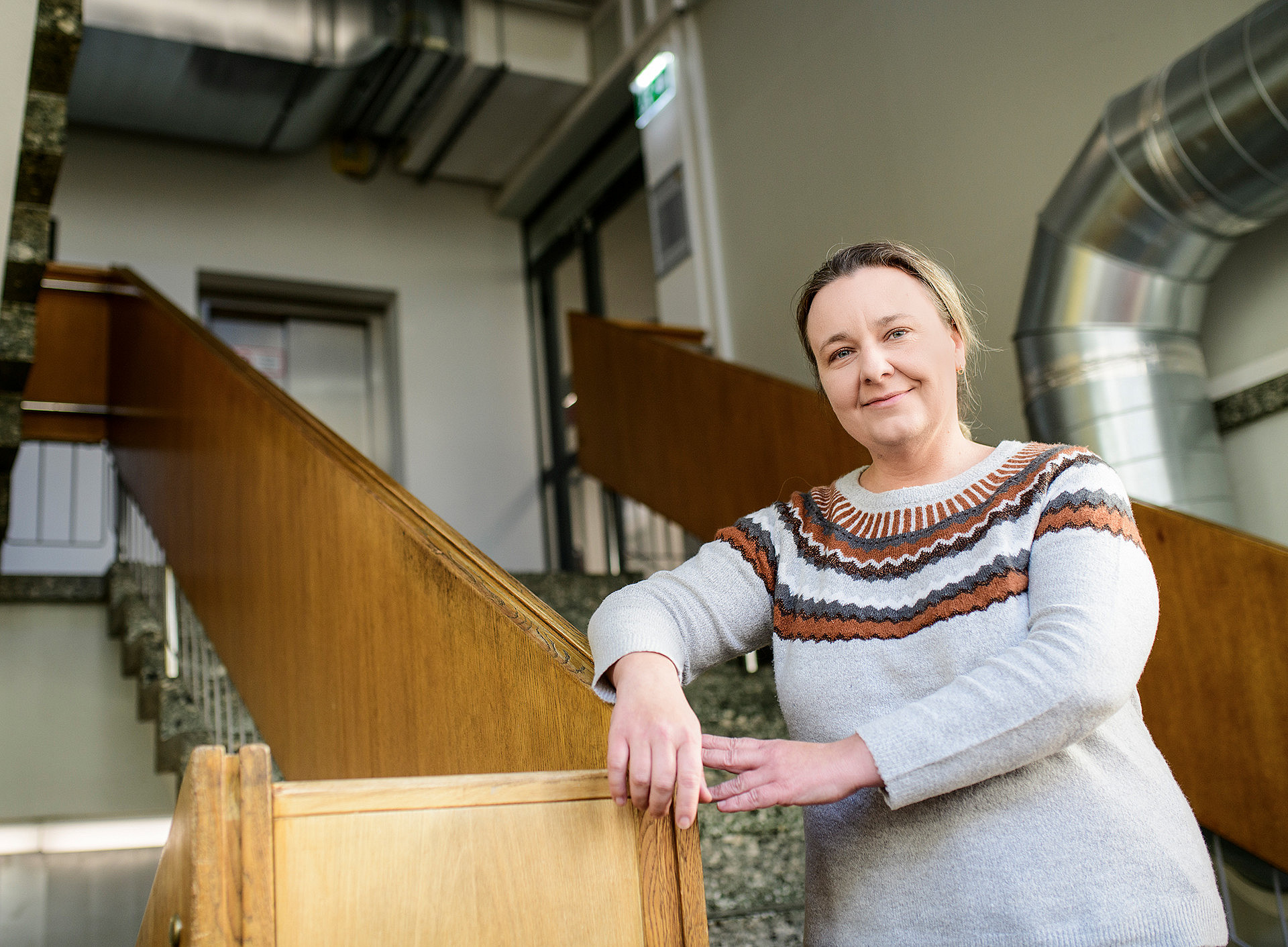Scientists at the University of Graz have achieved a breakthrough that could become a game changer for the entire plastics industry. They have developed a fully recyclable, bio-based epoxy plastic. An innovation with major implications, as this very robust lightweight material is used in numerous products, including skateboard ramps, aeroplanes, boats, cars and even wind turbines: however, commercially available epoxy products are based on fossil petroleum and are not yet recyclable. This poses a significant sustainability problem.
The team led by chemist Katalin Barta Weissert from the University of Graz has now found a solution to this challenge: A fascinating epoxy resin thermoset that is obtained exclusively from renewable raw materials and is completely recyclable.
Durable plastic
The results of the study have been published in the renowned journal "Science". There, the team describes its strategy, which utilises three specific renewable building blocks, including the characteristic diamine, which the Barta group previously extracted from wood-based lignin. By precisely mixing these components, a plastic is created whose stability and durability are on a par with petroleum-based products.
The special thing about it is that the material dissolves easily in methanol, allowing all the original building blocks to be recovered. This has made it possible to successfully produce recyclable glass and wood fibre composites that can be used in sustainable transport, construction and biomedical applications.
Circular Economy
"Our solution could be a real boost for bio-based products and the circular economy. The ultimate goal there is the use of renewable raw materials and the recyclability of materials," explains Barta, adding: "I am particularly pleased with this interdisciplinary approach and the fruitful collaboration with other research groups, such as the one led by Daniel Boese, who supported us with calculation studies."
The next crucial phase is to attract partners from industry to the project in order to develop effective applications for practical use.
Publication
Closed-loop recyclability of a biomass-derived epoxy-amine thermoset by methanolysis, Katalin Barta et al.
